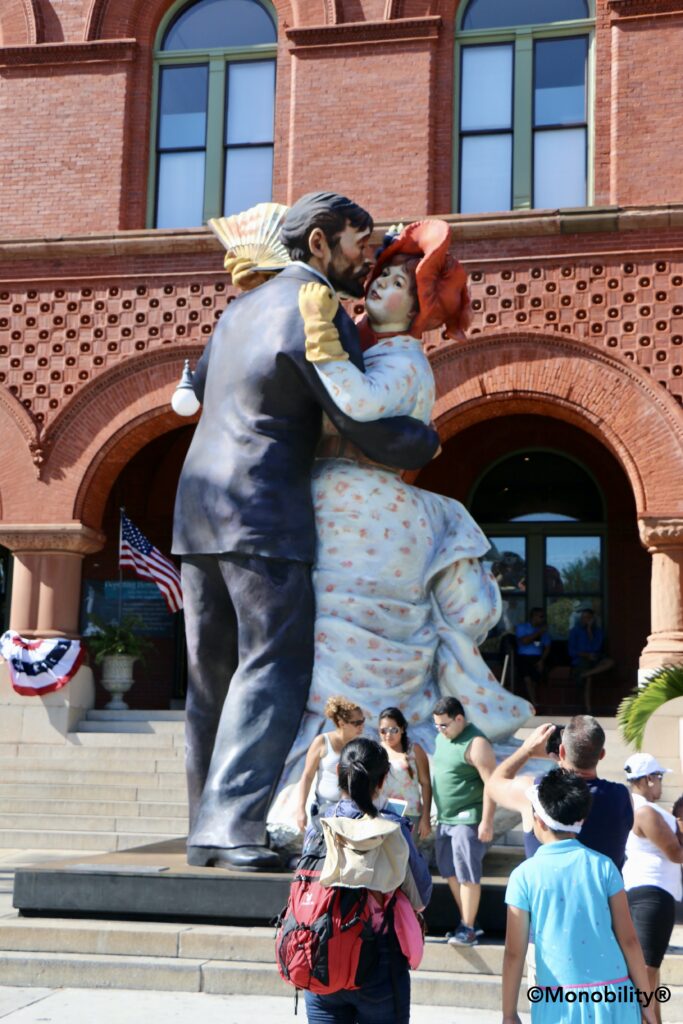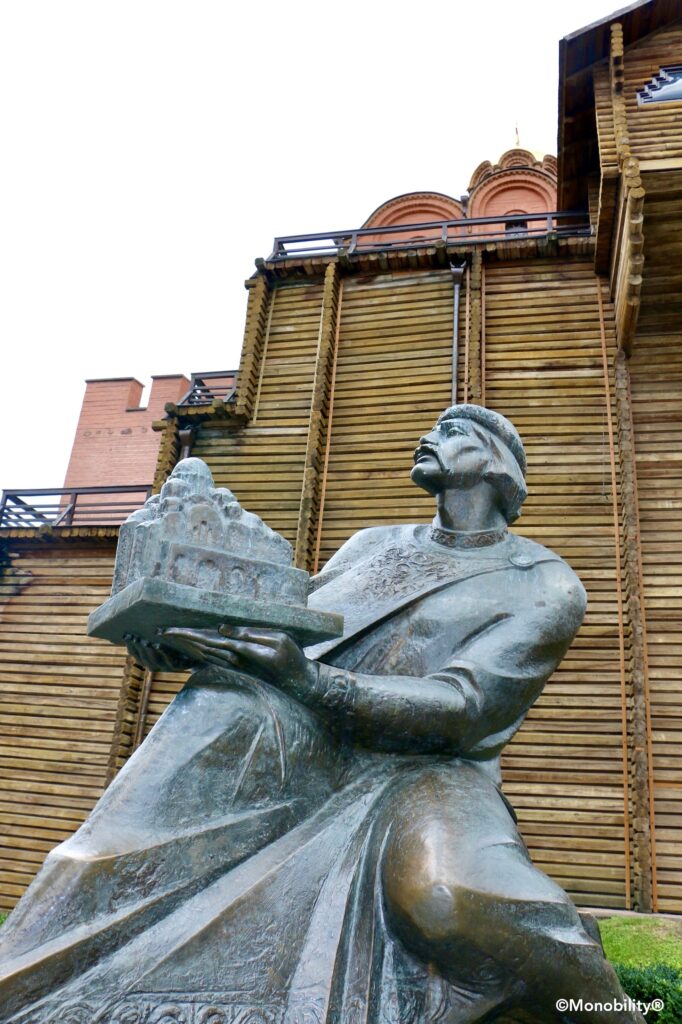찾다 can mean various things depending on contexts, but mostly it means 1) Find, or 2) Look for. English and other European languages have separate words for a resultant action of “finding,” and for expressing the process of finding, which is “look for, search.” The Korean verb 찾다 has both meanings as the result and as the process. So, how do you distinguish its usage?
- 찾다 means “find” as the result of action in past and future tense, or with endings describing ability “– 수 있다” “-수 없다”, “못 하다,” or with endings implying completion of the action such as -면 (if), 오다, 내다.
- 내가 찾을거야 = I will find it.
- 찾았다! = I’ve found it!
- 넌 찾을 수 있어 = You can find it.
- 찾아 올거야 = I will find and come back.
- 찾아내, 찾아내란 말이야! = You go find it, find it out!
- 찾다 means “look for, search” as the process of action, with endings “-고 있다” (Progressive/Continuous tense), or when combined with “-보다” (Try to). It can also mean “look for” in simple present tense in some situations.
- 손님, 뭘 찾으세요? = What are you looking for, sir/ma’am?
- 가방 찾고 있어요 = I am looking for a bag.
- 차 열쇠 찾고 있었어요 = I was looking for my car key.
- 다른 데 찾아 보세요 = Please look for some place else.
- 나도 찾아 볼거야 = I will look for it, too.
*Tip: To understand the whole concept better, you can begin to think of “Look for” as “Try to Find.”
찾다 galore in the following scene from Healer! 다음 대사에서 동사 “찾다”가 어떻게 몇 번 쓰였는지 찾아 보세요! ^^
https://www.youtube.com/watch?v=wR0Zq6WXpBY

Love is patient, love is kind. It does not envy, it does not boast, it is not proud. It does not dishonor others, it is not self-seeking, it is not easily angered, it keeps no record of wrongs. Love does not delight in evil but rejoices with the truth. It always protects, always trusts, always hopes, always perseveres.
1 Corinthians 13:4-8

Follow us on Facebook for much more:


